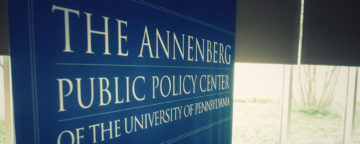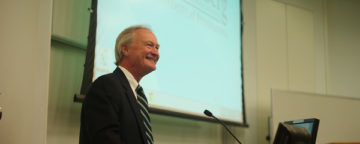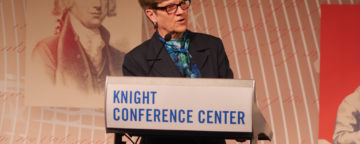What would the 1864 presidential campaign have looked like if Abe Lincoln and Gen. George B. McClellan had used today’s deceptive campaign techniques and video attack ads? Lincoln was reelected 150 years ago on Nov. 8, and his campaign against McClellan has been reimagined by the political literacy website FlackCheck.org through a video timeline of ads that use humor, parody, and contemporary deceptive approaches.










